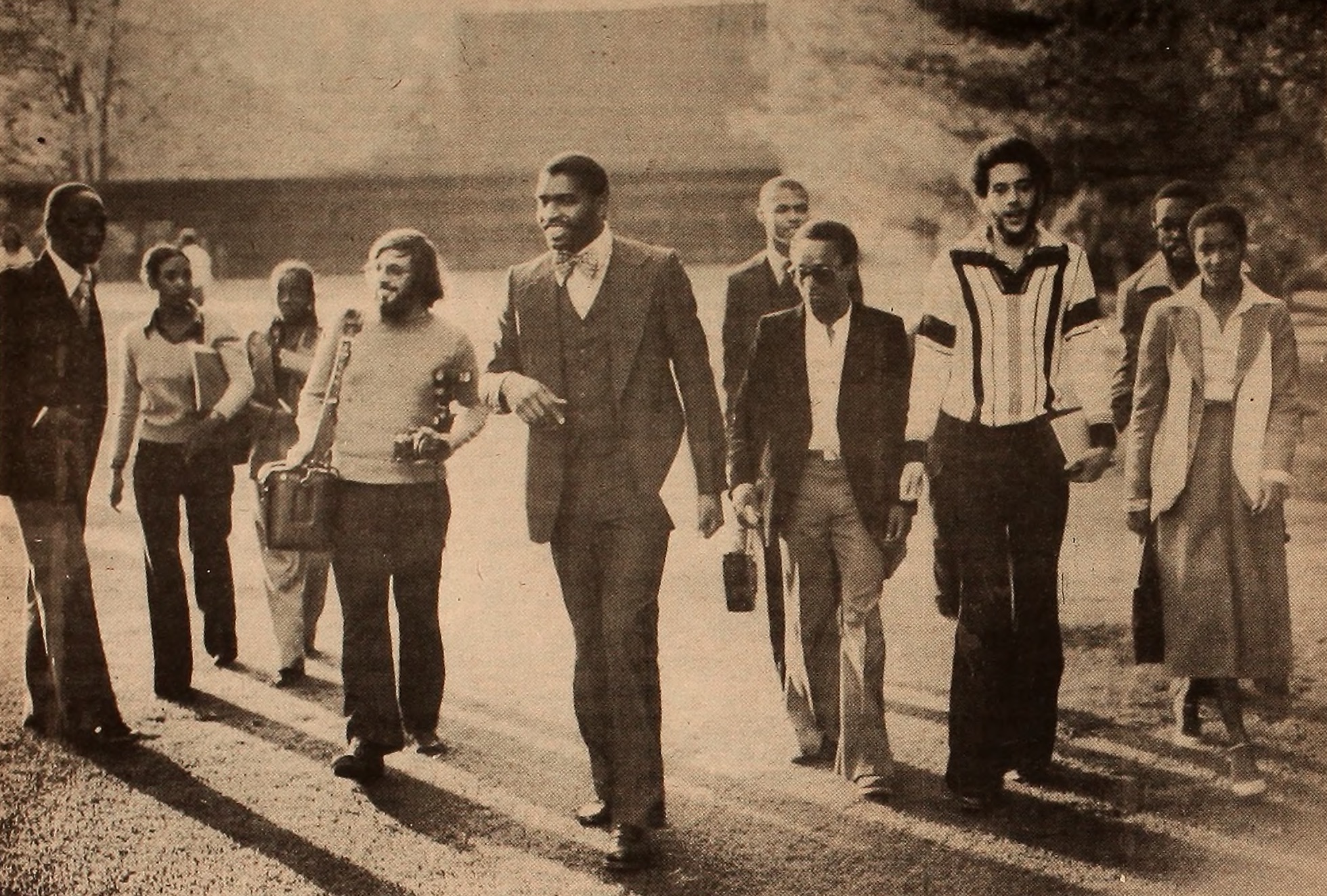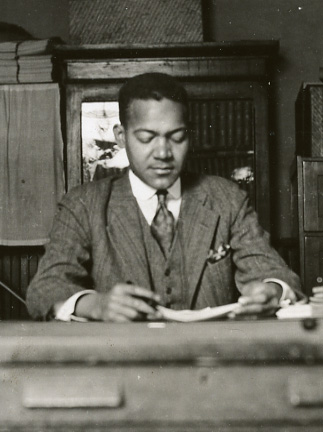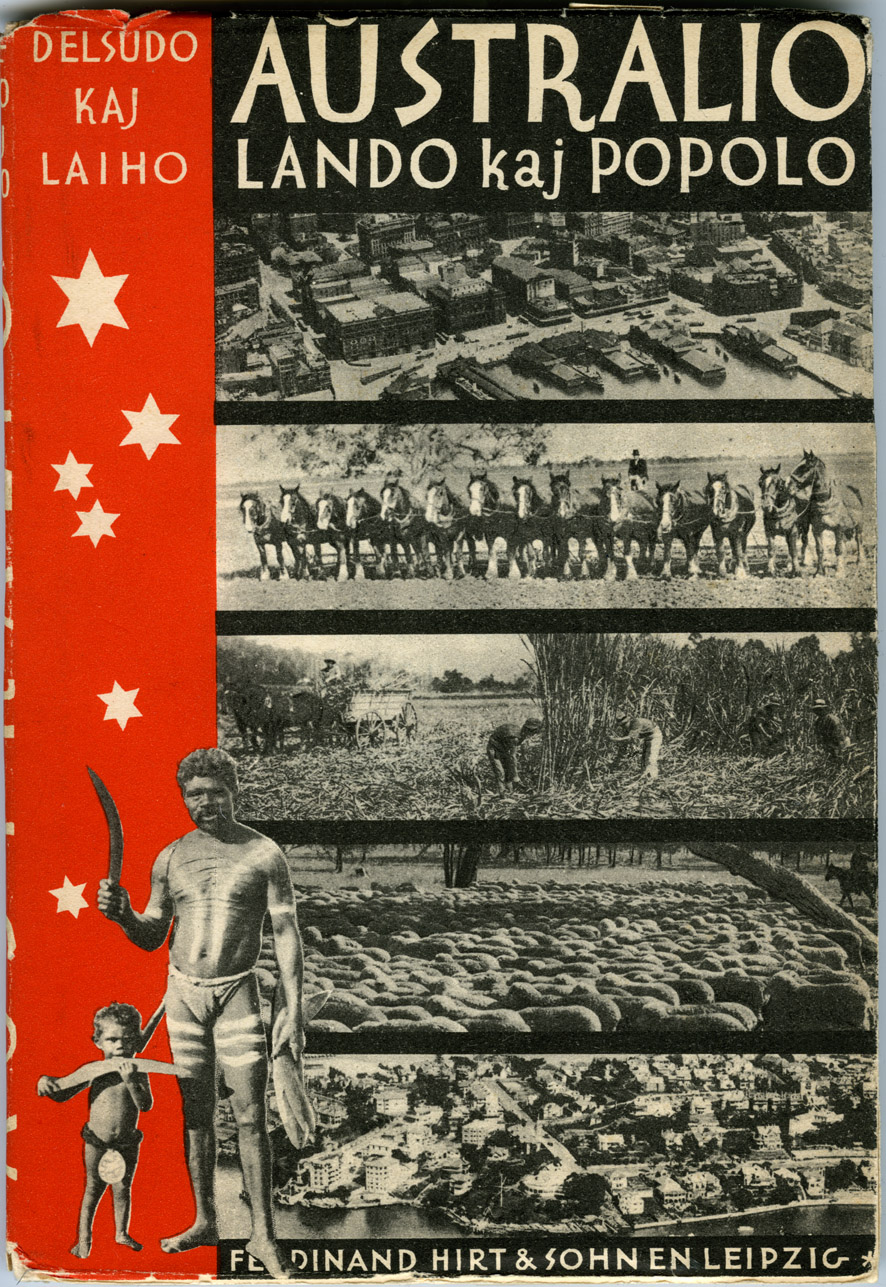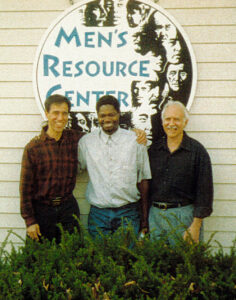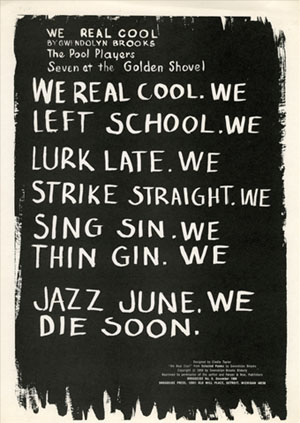Belchertown State School Friends Association Records
The Belchertown State School Friends Association was established in 1954 to promote improved conditions at Belchertown State School and better treatment of “retarded” or “mentally challenged” citizens in Massachusetts more generally. The School was formally opened in 1922 as an institution to train children with developmental disabilities and prepare them for integration into society. By the 1960s, conditions at the school had deteriorated to a degree detrimental to the residents, precipitating a string of lawsuits, beginning with Ricci v. Greenblatt in 1972, eventually leading to closure of the facility in 1992.
The bulk of the School’s Friends Association collection consists of records of court appearances, briefs, the consent decree, and related materials, along with reports and correspondence relating to Massachusetts v. Russell W. Daniels, Ricci v. Greenblatt (later Ricci v. Okin), and other cases. Accompanying the legal files are clippings and photocopied newspaper articles; speeches; newsletters; draft of agreements; and scrapbooks.
The Massachusetts State Archives has a small amount of records related to Belchertown State School. They are housed under the Health and Human Services division in the archives — see the archives collection guide for Health and Human Services. There may be more records related to the Belchertown State School under the Dept. of Mental Health and Dept. of Mental Retardation records groups, listed in the same collection guide as above. Note: Mental health client information is restricted by statutory provision MGLA c123, s36. Mental retardation client information is restricted by statutory provision MGLA c123B, s 17. For conditions of access, consult the Massachusetts State Archives.


